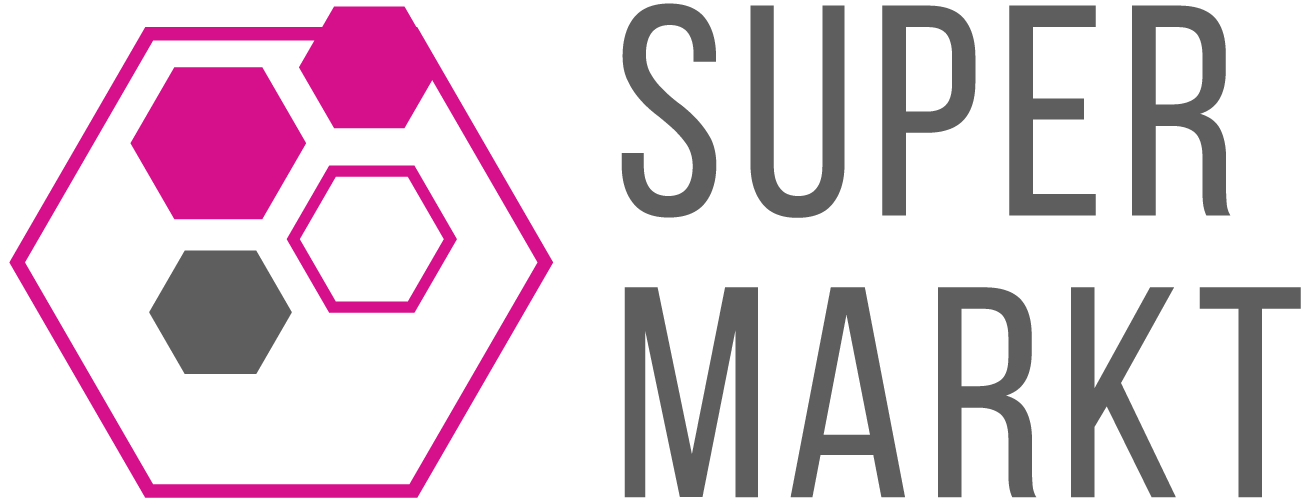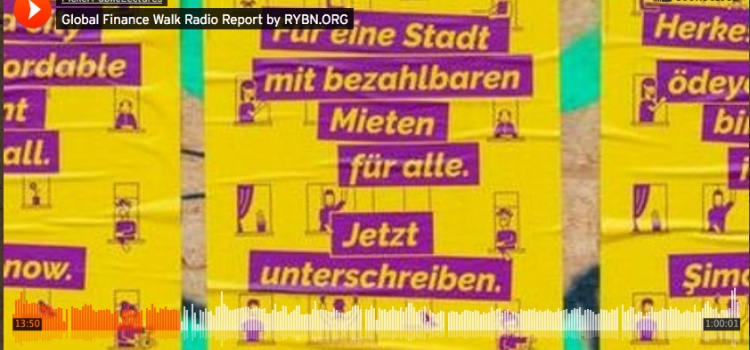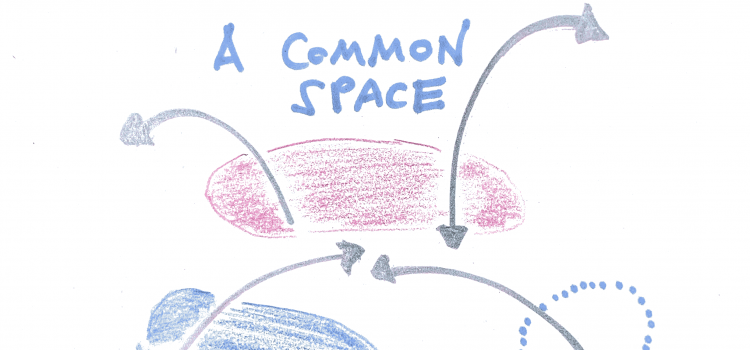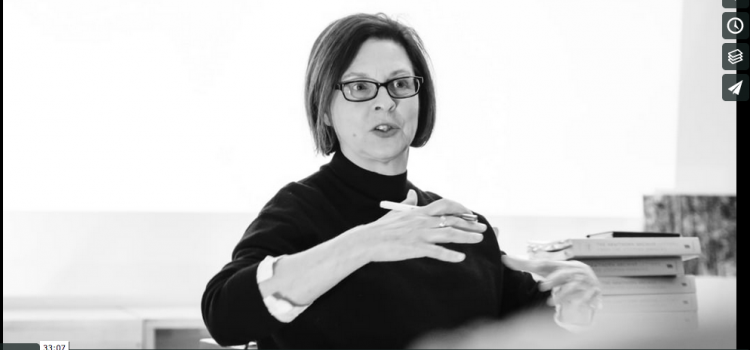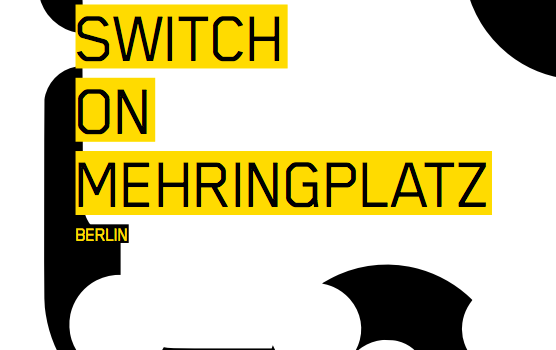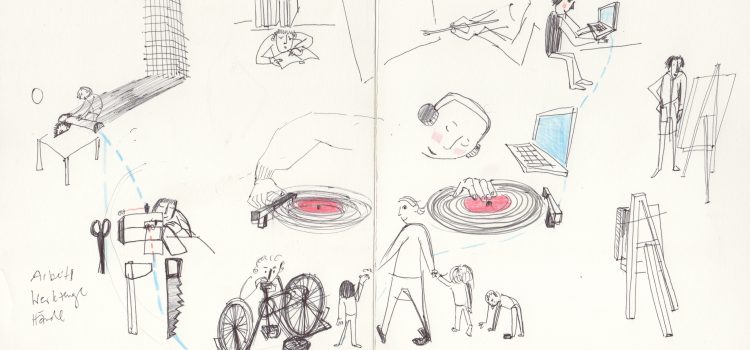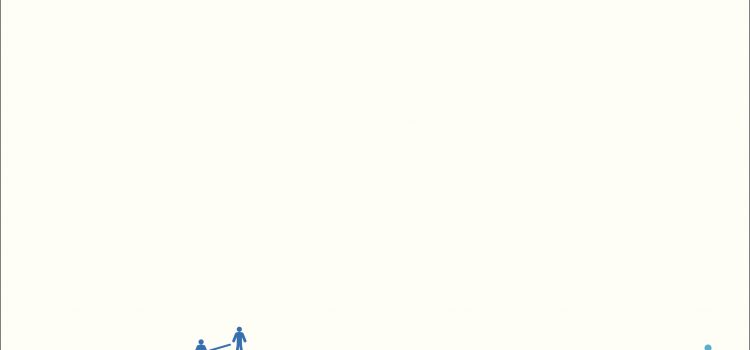Wer ist der Fluss? Wie könnten wir auf experimentelle, nonverbale, spielerische, sinnliche und interaktive Weise mit dem Fluss und seinen nicht-menschlichen Akteur:innen in Kontakt treten? Durch Recherchen, experimentelle Feldstudien mit eigenen Beobachtungsinstrumenten und in performativen Szenarien untersuchten Design-Studierende der FH
Die Rechte des Flusses als Ökosystem und juristische Person

